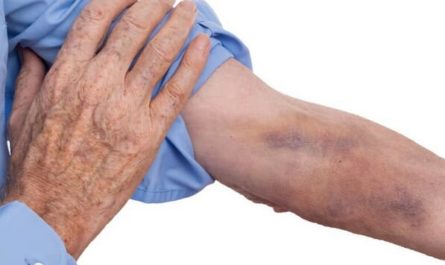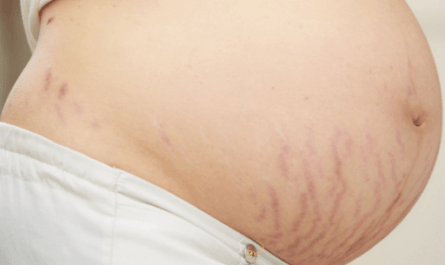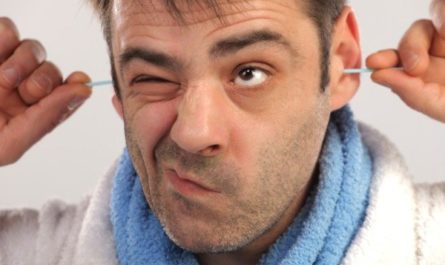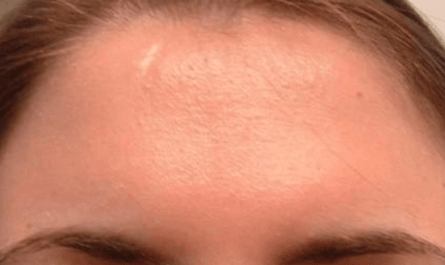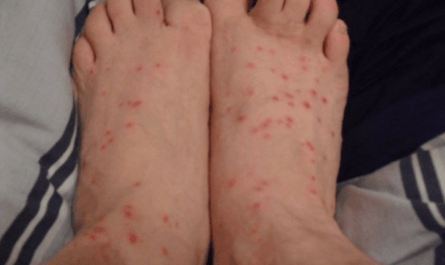Post-nasal drip is a common condition that occurs when excess mucus accumulates in the back of the throat and nasal passages. If you’re experiencing post-nasal drip, you may have a sore throat, coughing, and a stuffy or runny nose. Fortunately, there are several remedies that can help alleviate these symptoms and provide relief. In this article, we will explore 16 effective remedies to get rid of post-nasal drip.
What is post-nasal drip?
Post-nasal drip is a common condition where excessive mucus accumulates at the back of the throat and nasal passages.
Normally, mucus produced by the glands in the nose and throat helps to moisten and cleanse these areas, trapping any foreign particles, such as dust or bacteria, and clearing them away. However, in the case of post-nasal drip, excessive production of mucus occurs, or the mucus becomes thicker than usual.
The excess mucus can have a range of symptoms, including a “dripping” or “tickling” feeling at the back of the throat. This can lead to coughing, throat clearing, or a persistent need to swallow. Some individuals may also experience a sore throat, hoarseness, bad breath, or congestion in the nasal passages.
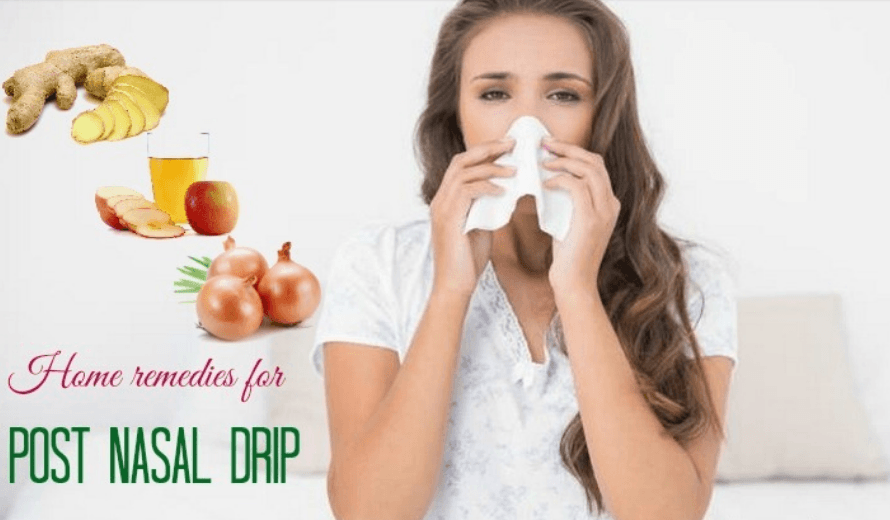
What causes post-nasal drip?
Post-nasal drip can be caused by various factors, including:
- Allergies: Allergic reactions to environmental triggers such as pollen, dust mites, pet dander, or mold can increase mucus production, resulting in post-nasal drip.
- Sinusitis: Inflammation or infection of the sinuses can cause excessive mucus production, leading to post-nasal drip. Sinusitis can be triggered by bacterial, viral, or fungal infections or allergies.
- Rhinitis: Both allergic rhinitis (hay fever) and non-allergic rhinitis can cause post-nasal drip. In allergic rhinitis, exposure to allergens triggers an immune response, while non-allergic rhinitis can be caused by irritants like strong odors, changes in weather, or certain medications.
- Nasal Irritation: Irritants like smoke, strong odors, chemicals, or dry air can irritate the nasal passages and trigger excessive mucus production, leading to post-nasal drip.
- Gastroesophageal reflux disease (GERD): Acid reflux or GERD can cause stomach acid to flow back into the throat, irritating the lining and triggering excess mucus production, resulting in post-nasal drip.
- Certain medications: Some medications, such as those used to treat high blood pressure (ACE inhibitors), can cause post-nasal drip as a side effect.
16 Effective Remedies For Post Nasal Drip
1. Stay Hydrated
One of the simplest yet most effective remedies for post-nasal drip is to stay hydrated. Drinking fluids helps thin the mucus, making it easier to expel from your nasal passages.
You can choose water, herbal teas, and warm broths to stay hydrated throughout the day. Avoid caffeinated beverages and alcohol, as they can dehydrate your body and worsen the symptoms.
2. Saline Nasal Rinse
A saline nasal rinse is a natural and effective way to flush excess mucus from your nasal passages. Mix a teaspoon of salt and a pinch of baking soda in a cup of warm water.
Use a neti pot or a nasal spray bottle to irrigate your nostrils with the saline solution gently. This will help relieve congestion and reduce post-nasal drip.
3. Steam Inhalation

Inhaling steam can provide instant relief from post-nasal drip. Fill a bowl with hot water and place a towel over your head to create a tent.
Lean over the bowl and breathe in the steam for about 10 minutes. The steam helps moisturize and soothe your nasal passages, reducing the thickness of the mucus and easing congestion.
4. Use a Humidifier
Dry air can aggravate post-nasal drip symptoms. Using a humidifier in your home can help add moisture to the air and prevent your nasal passages from drying out.
Set up a humidifier in your bedroom or any other room where you spend significant time. This will create a more comfortable environment and reduce post-nasal drip.
5. Elevate Your Head
When you sleep or rest, elevating your head can help prevent mucus from pooling in your throat and exacerbating post-nasal drip.
Use an extra pillow or raise the head of your bed to create a slight incline. This position encourages better drainage and reduces the likelihood of mucus flowing back into your throat.
6. Avoid Irritants
Certain irritants can trigger or worsen post-nasal drip symptoms. Avoid exposure to cigarette smoke, strong perfumes, cleaning products with strong odors, and other airborne irritants.
These substances can further irritate your nasal passages and increase mucus production. Minimizing your exposure to irritants will help alleviate the symptoms of post-nasal drip.
7. Nasal Decongestants
Over-the-counter nasal decongestant sprays can temporarily relieve post-nasal drip by shrinking the blood vessels in your nasal passages. However, these sprays should be used sparingly and for a short duration.
As prolonged use can lead to dependency and rebound congestion. Follow the instructions carefully and avoid using nasal decongestants for over three days.
8. Warm Compress
Applying a warm compress to your face can help relieve congestion and ease post-nasal drip symptoms. Soak a clean towel in warm water, wring out the excess moisture, and place it over your face.
The warmth will help open up your nasal passages, allowing mucus to flow more freely and reducing post-nasal drip.
9. Gargle with Saltwater

Gargling with salt water can soothe a sore throat caused by post-nasal drip. Dissolve half a teaspoon of salt in warm water and gargle for 30 seconds before spitting it out. The saltwater helps reduce inflammation and kill bacteria in your throat, relieving discomfort.
10. Stay Away from Dairy Products
Dairy products like milk and cheese can increase mucus production and worsen post-nasal drip symptoms. If you’re experiencing post-nasal drip, it’s advisable to avoid or limit your intake of dairy products until your symptoms improve. Opt for non-dairy alternatives like almond milk or soy cheese instead.
11. Herbal Remedies
Certain herbal remedies have been used for centuries to relieve congestion and treat post-nasal drip.
Peppermint, eucalyptus, and chamomile are known for their decongestant and soothing properties.
You can drink herbal teas or use essential oils in a diffuser to inhale the aromatic steam. Always consult a healthcare professional before using herbal remedies to ensure they are safe.
12. Avoid Alcohol and Caffeine
Alcohol and caffeine can dehydrate your body and worsen post-nasal drip symptoms. They can also dilate blood vessels, leading to increased nasal congestion.
It’s best to avoid or limit your intake of alcohol and caffeine when dealing with post-nasal drip. Instead, use hydrating beverages like water, herbal teas, or decaffeinated options.
13. Maintain a Healthy Diet

Eating a balanced and nutritious diet can support your immune system and help reduce post-nasal drip symptoms. Include foods rich in vitamin C, such as oranges, strawberries, and bell peppers, as they can boost your immune response.
In addition, incorporate garlic, ginger, and turmeric into your meals, as they have anti-inflammatory properties that can alleviate congestion.
14. Use a Nasal Irrigation Device
Nasal irrigation devices, such as squeeze bottles or bulb syringes, can effectively rinse your nasal passages and relieve post-nasal drip.
Fill the device with a saline solution, tilt your head to the side, and gently insert the nozzle into one nostril. Squeeze the bottle or syringe to flush out the mucus. Repeat on the other nostril for complete nasal irrigation.
15. Avoid Overusing Nasal Sprays
Nasal sprays containing steroids can relieve post-nasal drip symptoms by reducing inflammation in the nasal passages.
However, prolonged and excessive use of these sprays can lead to dependence and rebound congestion. It’s important to follow the instructions and use nasal sprays as directed by your healthcare provider.
16. Seek Medical Advice
If home remedies and over-the-counter treatments don’t provide relief from post-nasal drip, seeking medical advice is recommended. A healthcare professional can determine the underlying cause of your symptoms and prescribe appropriate medication or treatments.
FAQs
1. How long does post-nasal drip last?
The duration of post-nasal drip can vary depending on the underlying cause. It usually resolves within a few days to a couple of weeks. However, chronic post-nasal drip may persist for several weeks or longer.
2. Can post-nasal drip cause a cough?
Yes, post nasal drip can cause a persistent cough. The excess mucus drips down the throat can irritate the airways, leading to coughing.
3. When should I see a doctor for post nasal drip?
A: It’s advisable to see a doctor if you experience severe or prolonged symptoms of post nasal drip, if it significantly affects your quality of life, or if it is accompanied by other concerning symptoms such as fever or bloody mucus.
Conclusion
Post-nasal drip can be uncomfortable and disruptive, but numerous remedies can help alleviate the symptoms and improve your overall well-being. Remember to consult with a healthcare professional if your symptoms persist or worsen. With the right approach, you can effectively manage post-nasal drip and enjoy better respiratory health.

